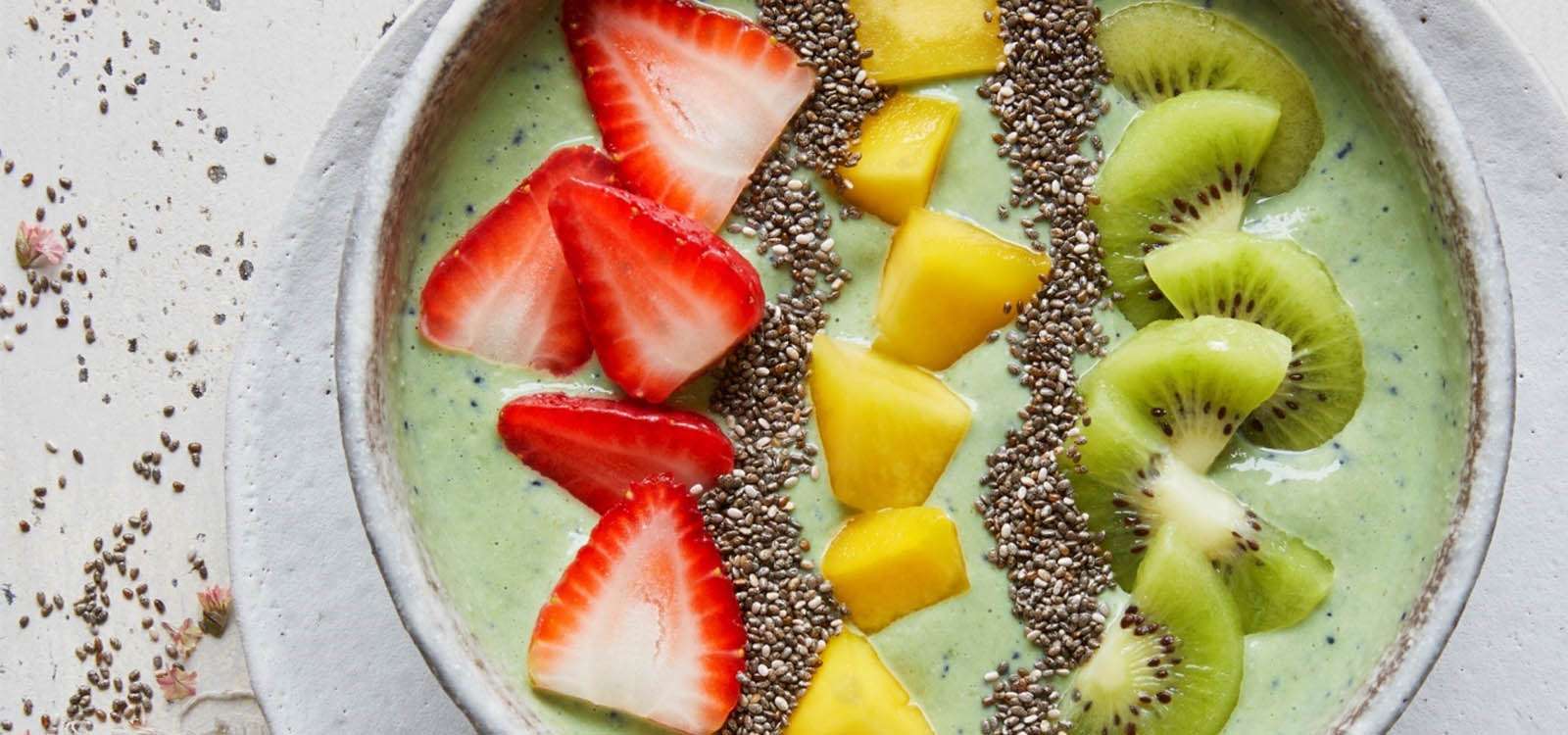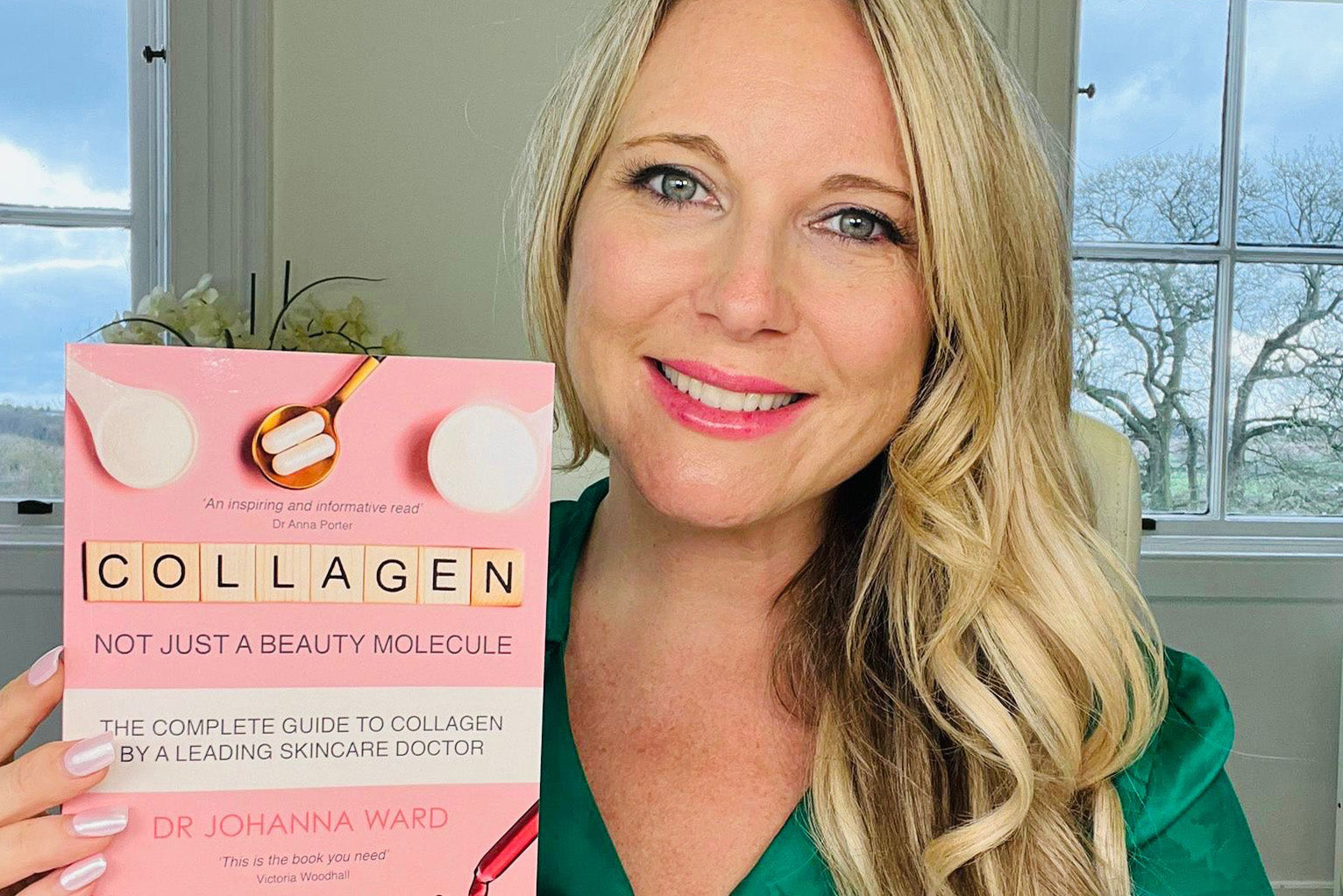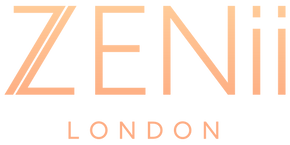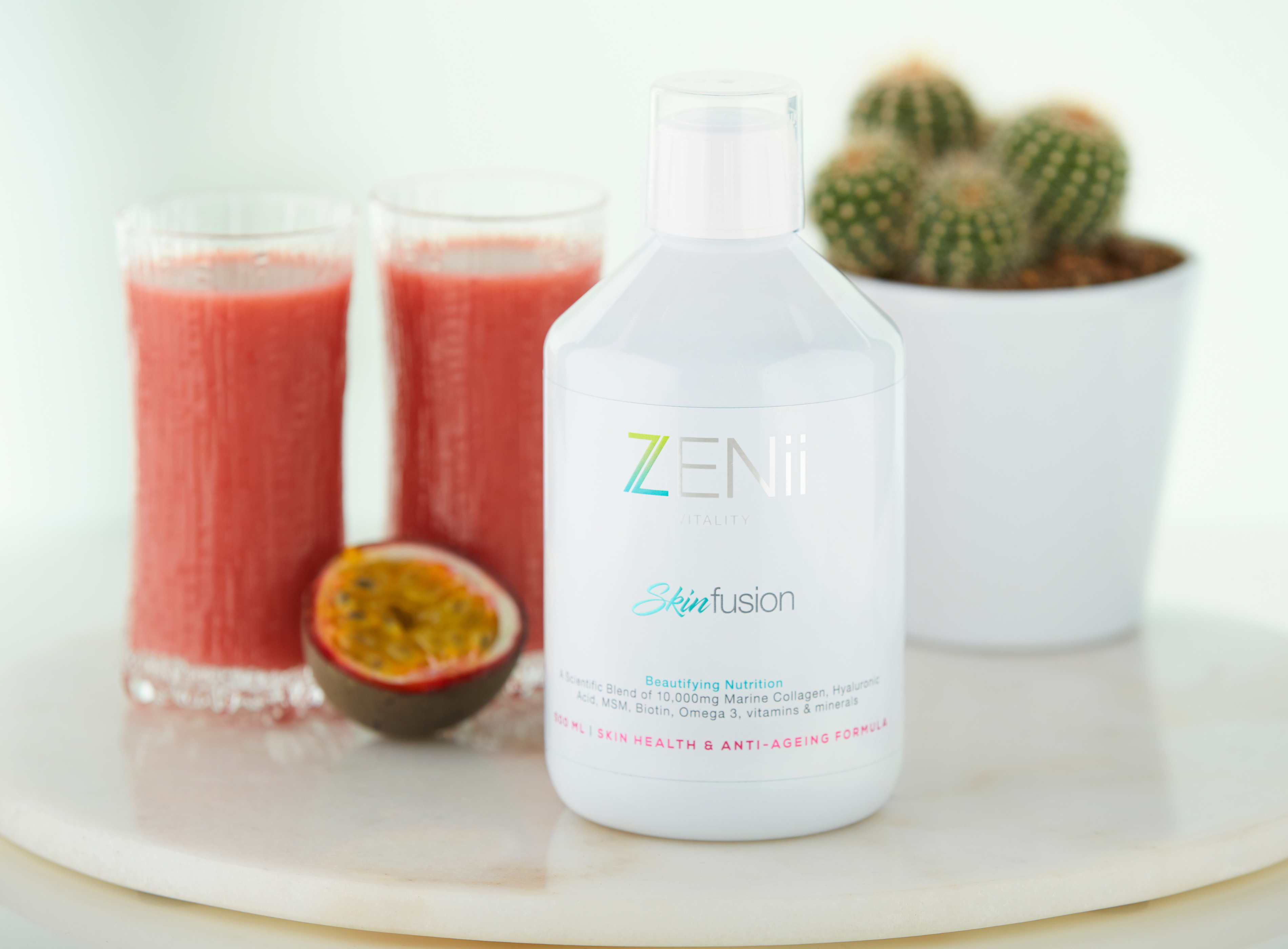“I'm confused! What’s the difference between protein supplements and collagen supplements? And are both important?”
It is so confusing these days when you walk into a health food shop. You’re bombarded with tub after tub of supplements such as collagen and protein. How do you know which one is right for you? In addition, is there any scientific evidence to support any of them?
Well, first things first… Protein Shakes
Let’s talk about ‘Protein Shakes’ or protein supplements. These have been commercially available for a long time now. If you’re a bit of a gym-bunny, protein supplements won’t be new to you.
But what are they?
They are usually powders containing the milk protein Whey. Protein powder can be mixed with a liquid of your choice to create a shake. They are best taken after a workout to help you repair and build muscle, improve muscle mass and aid recovery.
Derived from separating milk, Whey is a natural by-product of cheese production.
It is a complete protein, meaning that it contains all nine of the essential amino acids. These are the amino acids that humans need to get from our food in their daily life. Their functions range from making and repairing muscle to creating immune cells.
Whey is generally very well tolerated and easily absorbed. It is low in lactose, but not completely lactose-free. Being an animal product it is also not suitable for vegans. However, vegetable-based protein shakes are available for vegans.

Evidence
According to research protein powders can optimise volume, frequency and duration of exercise programmes when combined with resistance training.
These supplements can also be incredibly useful when weight gain is required, for example after a serious illness.
There are other reported health benefits. Some studies have shown it can reduce high blood pressure. Others have shown it improves better blood sugar control in those with Type 2 Diabetes, than fish or eggs. This applies if it is taken prior to eating a high carb meal.
Are there any downsides of protein supplements?
Whey is low in fat and high in protein but still contains calories. It can cause weight gain if used in excess. Many of the powders on the shelves contain added sugars and processed ingredients. It’s important therefore to choose one with as few added ingredients as possible.
Whilst it’s well-tolerated in most, some people do report bloating, abdominal cramps, diarrhoea and constipation associated with its use.
Lastly, if you have any history of kidney disease it is important to discuss this with your doctor. In general, high protein diets are not recommended for these people.
So what’s Collagen then?
Unlike whey, collagen is a different type of protein. It is made up of 18 amino acids and 8 of the essential amino acids and is the most plentiful protein in our bodies. It is found everywhere and is the main component of our tendons, ligaments, skin and muscles. Collagen is also present in the blood vessel walls and intestinal lining.
The word collagen comes from the Greek word ‘kolla’ or glue. Think of it as the specific protein glue that structures and strengthens all our tissues.
Our bodies make collagen by combining the essential amino acids. We also need Hyaluronic Acid, Vitamin C, Zinc and Copper for this process.
Unfortunately, as we age, our bodies have a harder time producing collagen. After the age of 25, we start to lose collagen at a rate of around 1% per year. This results in bone, muscle, soft tissue loss, skin laxity, wrinkles and delayed wound healing.

How is it different from protein?
Whilst whey protein support faster muscle growth, studies suggest collagen appears to be more effective in improving recovery after injury. It is also more effective in rebuilding the skin and soft tissue structures that glue everything together.
Are there downsides?
Dietary sources of collagen aren’t part of our daily diet anymore. It comes mainly from the skin bones, and collagen-rich soft tissues of animals. It is best to consume these alongside lots of fresh fruit and vegetables. Foods rich in the vitamins and minerals support collagen synthesis.
However, if living off a diet of cow hide with a side of fish eyeballs (washed down with gallons of bone broth) just isn’t really your cup of tea then supplementation is definitely the way to go.
So, how do the two supplements compare?
Research has shown that collagen is better absorbed than whey, and faster. Unless the whey is taken with digestive enzymes, and this is not always the case.
Whilst whey appears to be better for building muscle mass, collagen helps to strengthen muscle and connective tissue. It does this without adding mass. It also appears to increase fat-free mass.
Collagen also has anti-inflammatory properties as a result of its high glycine content. Glycine is an amino acid involved in multiple processes fundamental to life. Several studies have shown that collagen supplements can reduce joint pain associated with arthritis and tendinopathies. Early research also suggests that collagen may help reduce age-related bone loss.

The Verdict
The good news is that you can take both together however lets look at their individual benefits. Whilst both supplements can improve muscle recovery and promote healing. If your goal is to bulk up, whey is probably the ‘whey’ to go! (Sorry!).
Protein may well have other benefits too, but for most people, a diet of lean meat and fish will suffice.
Collagen, however, is scarcer in our diets these days. It has also has been shown to have potential for impressive anti-ageing and health-promoting properties. From improving skin quality, to wound healing and muscle strength, its possible benefits are wide and far-reaching.
High-quality, nose-to-tail eating may be one option to maximise intake. If that doesn’t fit in with your lifestyle then using a well-developed and highly absorbable supplement is recommended.
Summary
- Whey is good for building muscle bulk but collagen would be my pick for skin quality and anti ageing properties
- Collagen supplements are made from marine or bovine sources – usually from fish scales and other body parts. Marine Collagen contains around 95% collagen. Bovine sources contain much smaller amounts and are much less sustainable.
- Collagen should be paired with Vitamin C, Zinc, Copper and Hyaluronic Acid for maximum absorption.
- 10,000 mg per day is the daily recommended dose to see the best clinical benefits
- Powders and drinks are more effective than tablets or capsules
- New scientific technology has enabled the recent launch of the 100% plant-based collagen. For vegan and vegetairians there is now a collagen that perfectly replicates Type-1 human collagen. ZENii’s Beauty Glow launched on World Vegan Day 2022 and is blended with powerful co-ingredients Hyaluronic Acid and Vitamins to improve the hair, skin and nails.

Dr Anna Porter is a GP, Menopause and Skin doctor. She works in the NHS and privately in London and Kent, UK. She is passionate about helping patients achieve great skin with treatments and great skincare. A key part of her job is giving patients tools to help them achieve their skincare goals.






